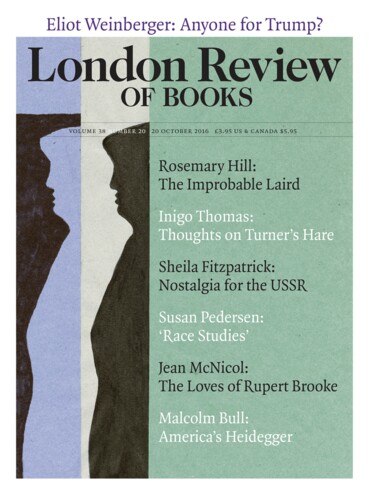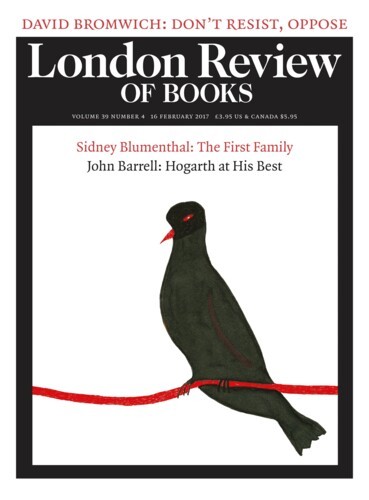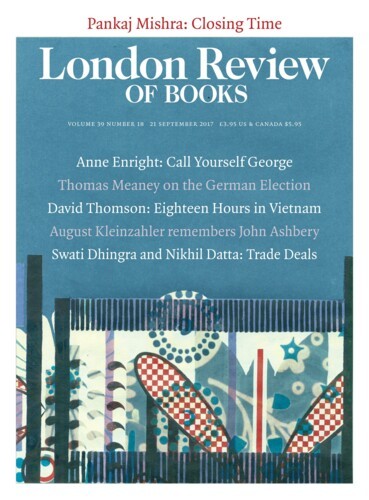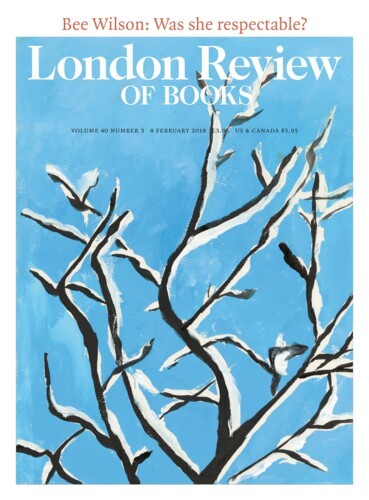Destined to Disappear: ‘Race Studies’
Susan Pedersen, 20 October 2016
At the moment of its American birth, ‘international relations meant race relations.’ Races, not states or nations, were considered humanity’s foundational political units; ‘race war’ – not class conflict or interstate conflict – was the spectre preying on scholars’ minds. The field of international relations was born to avert that disaster. A blunter way to put this is that international relations was supposed to figure out how to preserve white supremacy.





